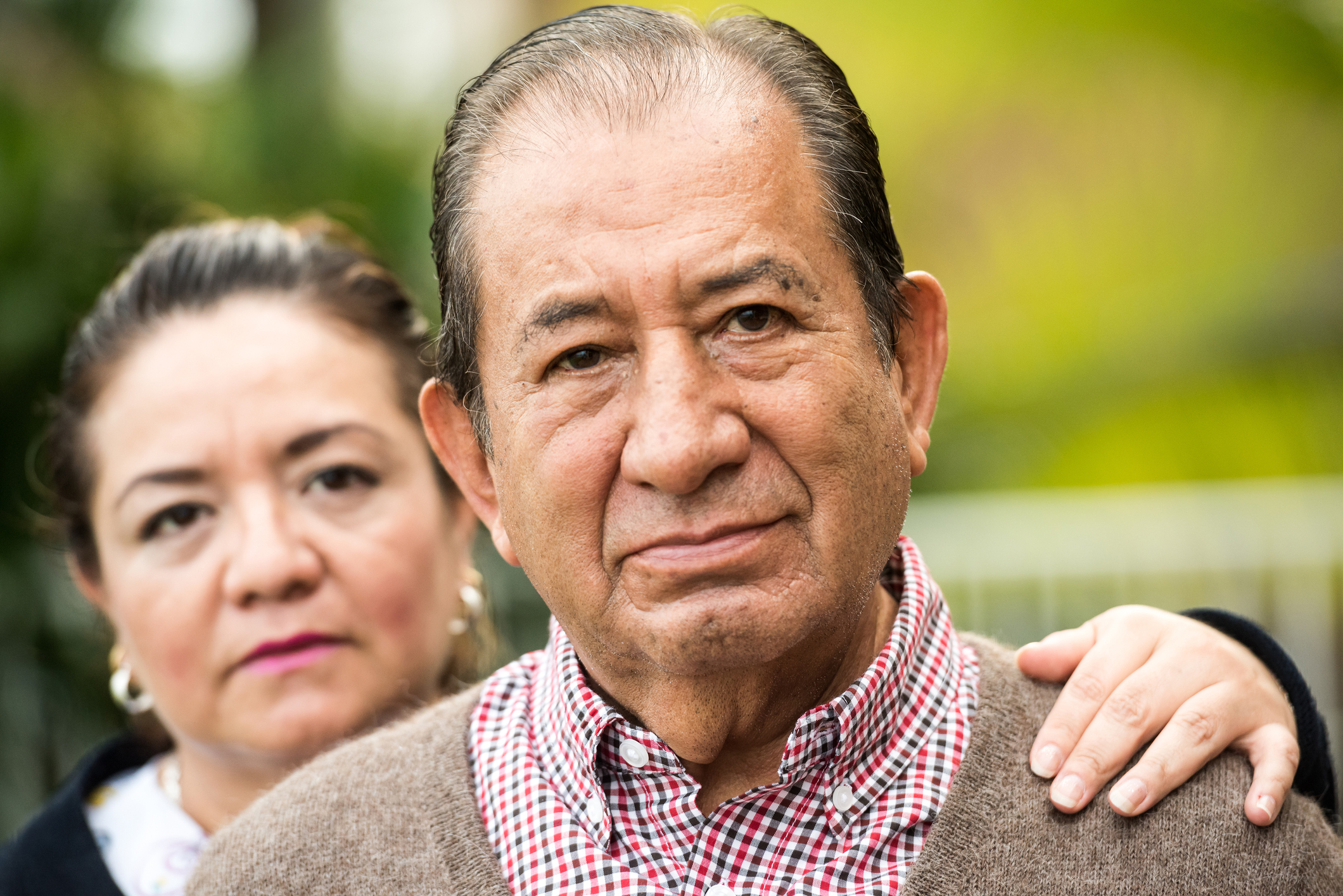Adjusting to Cancer
If you’ve been diagnosed with cancer, knowing what to expect and making plans for how to proceed can help make this stressful time easier. Building a strong partnership with a caring and committed primary care physician, or PCP, is one of the most important first steps you can take in protecting your health. This can be hard to do when our doctors have less time than ever before to care for us the way they want to. This is why it's helpful to have a cancer treatment plan and survivorship plan that can help you keep everyone informed.
A treatment plan or summary is simply a document that details the cancer treatments that the patient received. It should include any surgeries, chemotherapy, radiation therapy and other therapies.
The summary should list the diagnosis, stage and any relevant information from the patient's pathology report. Best of all, the treatment plan can greatly help speak for you in explaining your situation when it may be difficult for you to manage or remember.
A survivorship care plan is a record of your cancer and treatment history, as well as any checkups or follow-up tests you need in the future. It may also list possible long-term effects of your treatments, and ideas for staying healthy. A care plan is essential to help you and your family understand exactly what form of care you need so that you can prepare and plan for the future. It includes the type of support you need.
1. Ask your doctor’s office for a reminder call, email, and/or text.
2. You may find it helpful to have someone take notes for you during appointments.
3. See if your pharmacy will deliver your medicine or if you can set up your meds to be automatically delivered on a monthly basis.
4. Get an advocate to speak on your behalf when things are too hard or you’re too sick.
1. Consider writing your questions down before your appointment.
2. Bring a notebook or a tape recorder to the appointment.
3. Tell your health care team if you are having trouble understanding an explanation or certain medical words.
4. Ask your health care team where you can find additional information or printed materials about your condition. Many offices have this information readily available.
5. Talk with your health care team about the information you have found on the Internet or in books or magazines. Not all information is accurate and reliable.
Many cancer survivors share their stories to inform and inspire you. Here are a few resources provide by the Centers for Disease Control & Prevention to check out.
 Finding Your New Normal
Finding Your New Normal 
Staying healthy after cancer treatment can be challenging. Get advice on four different topics about how to make healthy choices.
 Tools for Cancer Survivors
Tools for Cancer Survivors 
Download guides to help you and your caregivers understand various aspects of the survivorship journey.
 Survivorship Planning
Survivorship Planning 
Learn more about the elements of a survivorship care plan and the right questions to ask.
Cancer
Cancer Control in South Carolina starts with us.

